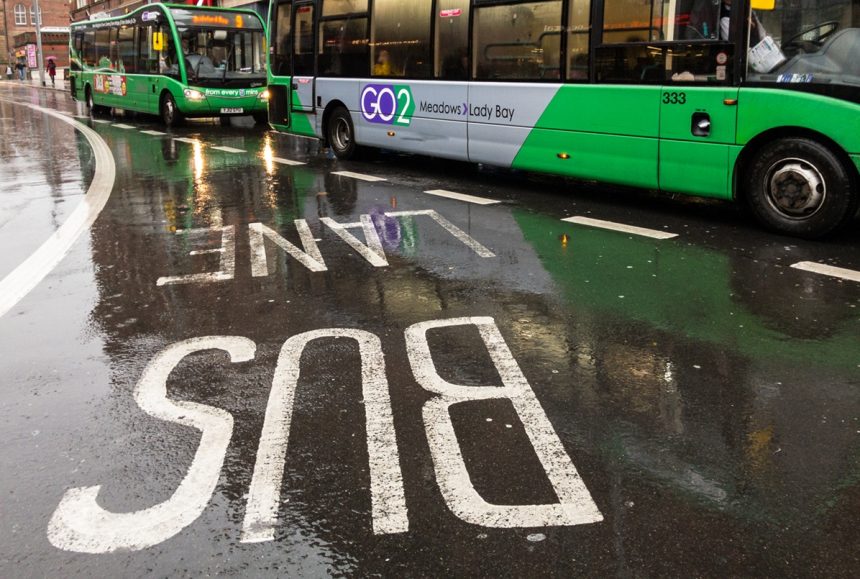Is the critical importance of bus speeds to service performance in multiple metrics taken seriously enough by both the industry and its stakeholders with powers to influence that consideration?
In some cases, the answer is certainly yes. Representative bodies are well versed in lobbying elected officials to help buses move faster, although an argument exists that overly padded timetables outside the peaks can be an act of grievous self-injury.
The Scottish Government showed understanding with its £500 million Bus Partnership Fund for priority measures. That was, until a financial squeeze and the resulting quiet ‘pause’ became cancellation. A replacement has been announced, but little more is known.
Meanwhile, one of Scotland’s most prominent bus industry figures repeatedly observes how most differentiation between franchising and partnership is lost when buses spend much of their day in congested traffic. Finding a willing ear for that simple but factual analysis can be tricky, as has long been the case in London.
Bus priority measures that have been delivered often bring meaningful improvements in multiple areas, even via relatively minor schemes. They also create an impression of the bus passing car traffic, a valuable psychological tool.
Bus priority is nevertheless politically sensitive. The astute in that field sell it as part of an overall package; more bus lanes mean more bus passengers and fewer cars, bringing an upside for all.
Those benefits also include a strong financial aspect and illustrate how one-off capital investment in bus priority can influence the need for ongoing revenue support.
Previous research has demonstrated that passengers value reliability and journey time above all else. Perhaps a conclusion could thus be drawn that the funding put towards various fare caps would be better spent on bus priority measures.
Buses that move faster are perhaps the industry’s holy grail; service attractiveness increases and so does revenue as a result. Vehicles and drivers can do more within a defined period and the cost of delivering most trips reduces.
A 25% acceleration of bus speeds drove a 60% first-year patronage uplift on the Eclipse busway in South Hampshire, a First Bus leader told the Transport Committee in February. A local authority officer suggests that opposition to bus priority can be ameliorated by a “total streets” approach majoring on integration. More straightforward stuff.
The learnings are there, and the bus industry and its local authority partners would no doubt share them. Invest money in priority measures now and the draw on long-term revenue funding will likely reduce.
It is not a difficult equation to grasp, and when a requirement that operational savings are reinvested in timetable improvements is added to the mix – already seen in some areas – the virtuous circle keeps turning.



























